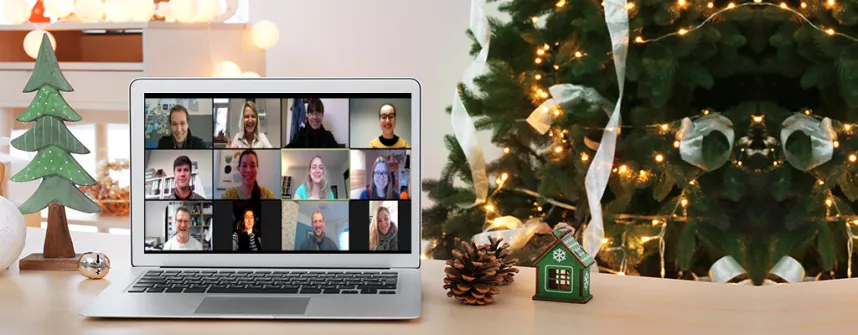Research trip in the North Sea over Christmas
December 9, 2020
First a few days of quarantine, then the research vessel "Meteor" takes off to the North Sea as well as to the rivers Weser, Ems and Elbe – even over Christmas. A team of scientists from Jacobs University Bremen and the Federal Institute for Geosciences and Natural Resources (BGR) is carrying out its work under pandemic conditions over the holidays. Their goal is to study the spread and impact of metals in water. Those interested in the journey are able to follow the research trip through a blog.
Metals such as scandium, gallium and platinum are used in wind energy, electromobility, photovoltaics or for medical purposes. The more they are used, the more they can end up in rivers and later in the sea, especially via waste water. It is still largely unknown how widespread those metals are and what effects they have on organisms and on the maritime food chain. "Up to now, no one has really had this group of metals on the radar," said Andrea Koschinsky, Professor of Geosciences at Jacobs University, who is heading the research trip. "From the spread of microplastics in the sea we have learned: If you look too late for potential effects, it becomes difficult to keep them under control".
The scientists will take around 1000 water samples from different depths and regions, for example from Helgoland and around the Dogger Bank, but also from the rivers Weser, Ems and Elbe. "We want to have as many different samples as possible, from pure river water to pure sea water," explained Koschinsky. If salt ions from seawater are added to the fresh water of the rivers, the metals react. "We want to understand these processes."
The team consists of 16 members, including students, trainees, doctoral candidates, postdocs and professors from Jacobs University, as well as two employees from the Federal Institute for Geosciences and Natural Resources. Emily Schoeneich, Chemistry Laboratory Technician trainee at Jacobs University, is looking forward to the trip: "It's a unique opportunity that I never expected to have so soon after starting my training," she said and added: "I find it incredibly exciting to be able to obtain the samples that we normally work with in the laboratory myself.”
The fact that a research vessel is sailing in the North Sea in December is rather unusual. The working conditions are difficult, seasickness is a common problem. Originally, the researchers wanted to travel in the Indian Ocean last summer, but this expedition had to be cancelled due to the corona pandemic. Now, before the expedition starts in Emden on December 11, they have to quarantine for a few days in a hotel in Leer and be tested for the coronavirus. "We are not allowed to leave the room during this time, the food will be put in front of our doors. Unfortunately, there is no other way," said Koschinsky.
The return is planned for December 29. The team will also be on board the vessel over the holidays. "There will be a small Christmas party, a Christmas tree and we will do Secret Santa," Koschinsky said. "And the food is always very good!" She has to know: It is already her fourth Christmas on board a research vessel, but the first one in northern climes. For Emily Schoeneich, however, this will be a new experience. She hopes that she’ll be able to enjoy the Christmas celebrations on the vessel. "I have been told that there several ways to make the holidays nice on board. Actually, I’d be already happy if I don’t get too seasick," she says with a wink.
Link to the blog:
https://www.jacobs-university.de/blog-post-m169
